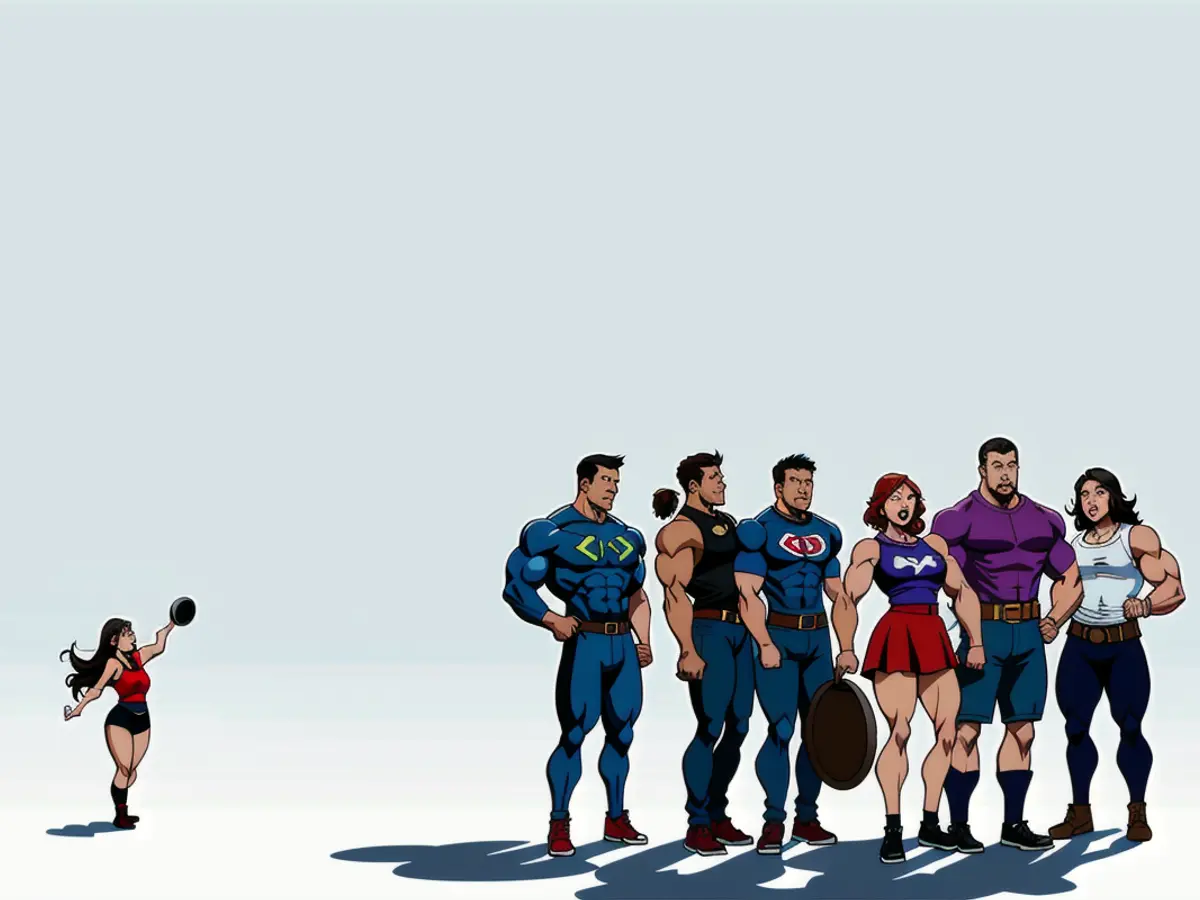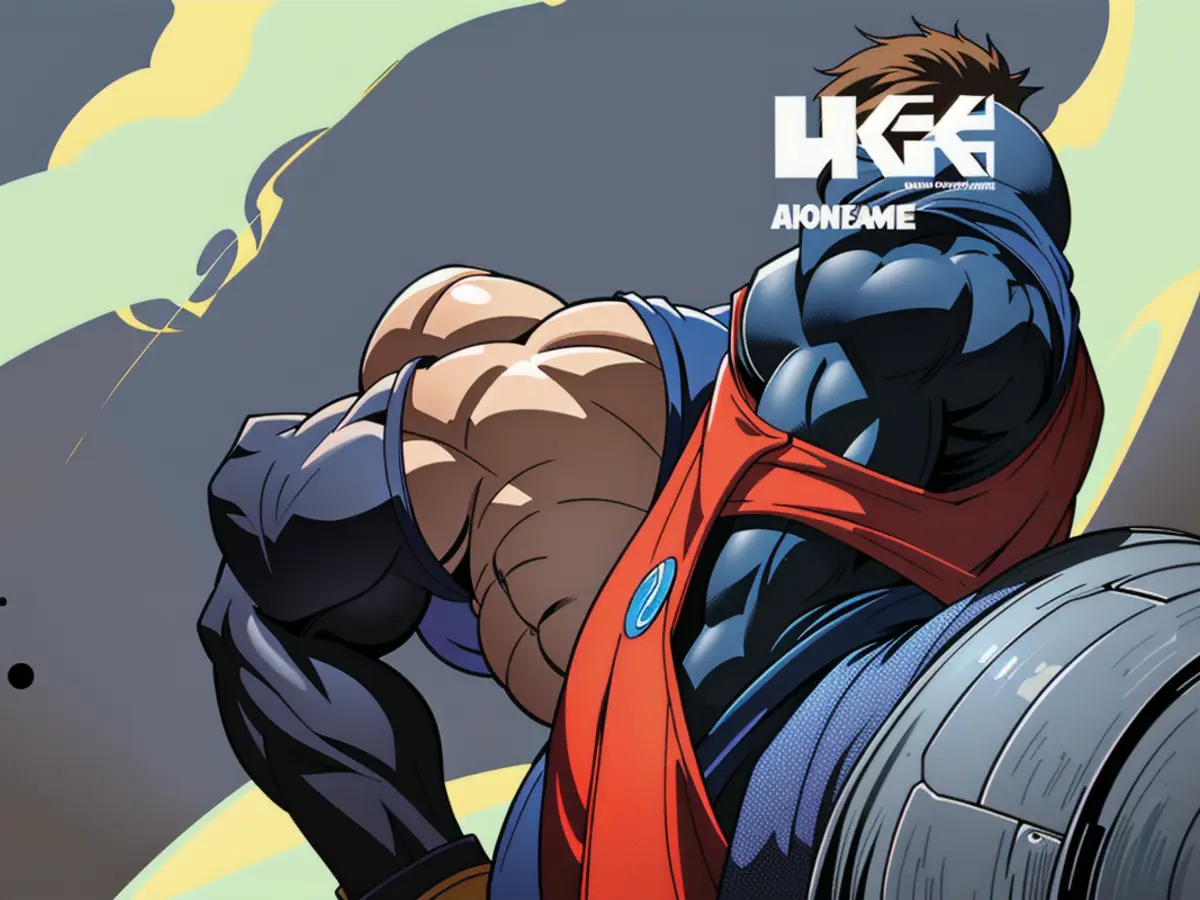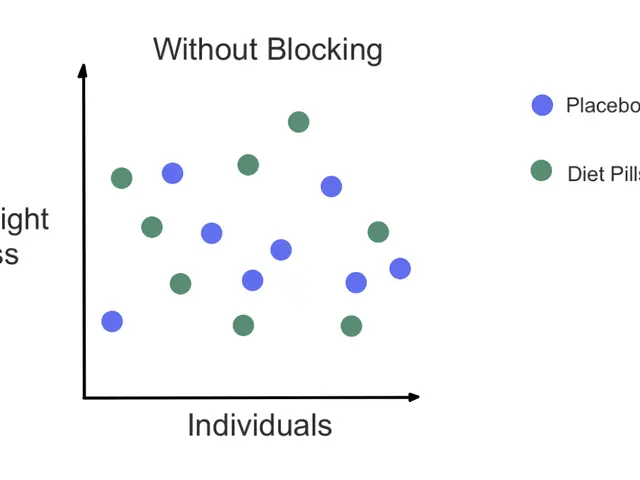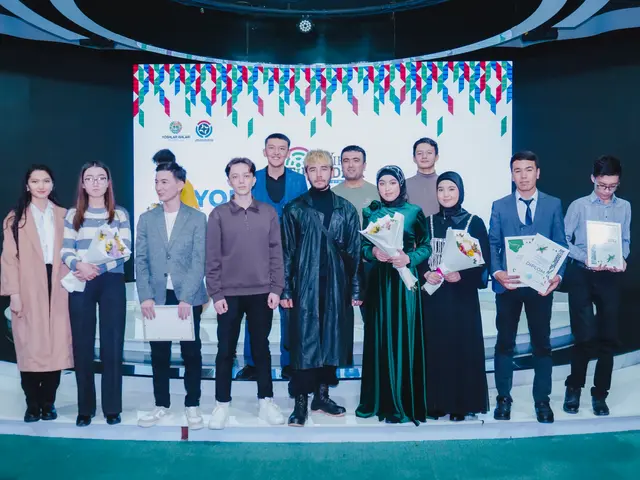Tragic history intertwines with Jane Austen's classic literature and K-Drama style in "Stone Angels"
Rewritten Article:
Title: Stone Angels: A Persistent Quest for Justice
Helena Rho, a four-time Pushcart Prize nominee and author of American Seoul, brings us a heart-wrenching fiction novel, Stone Angels, centered around the indignities faced by comfort women during World War II.
For two decades, Rho had heard about these victims - women who were forced into sex slavery by the Japanese Imperialist Forces. Shocked to learn of the staggering number of victims, estimated to be up to 200,000, primarily Korean women, her immediate response was, "This is what they want, a simple and formal apology from the Japanese government."
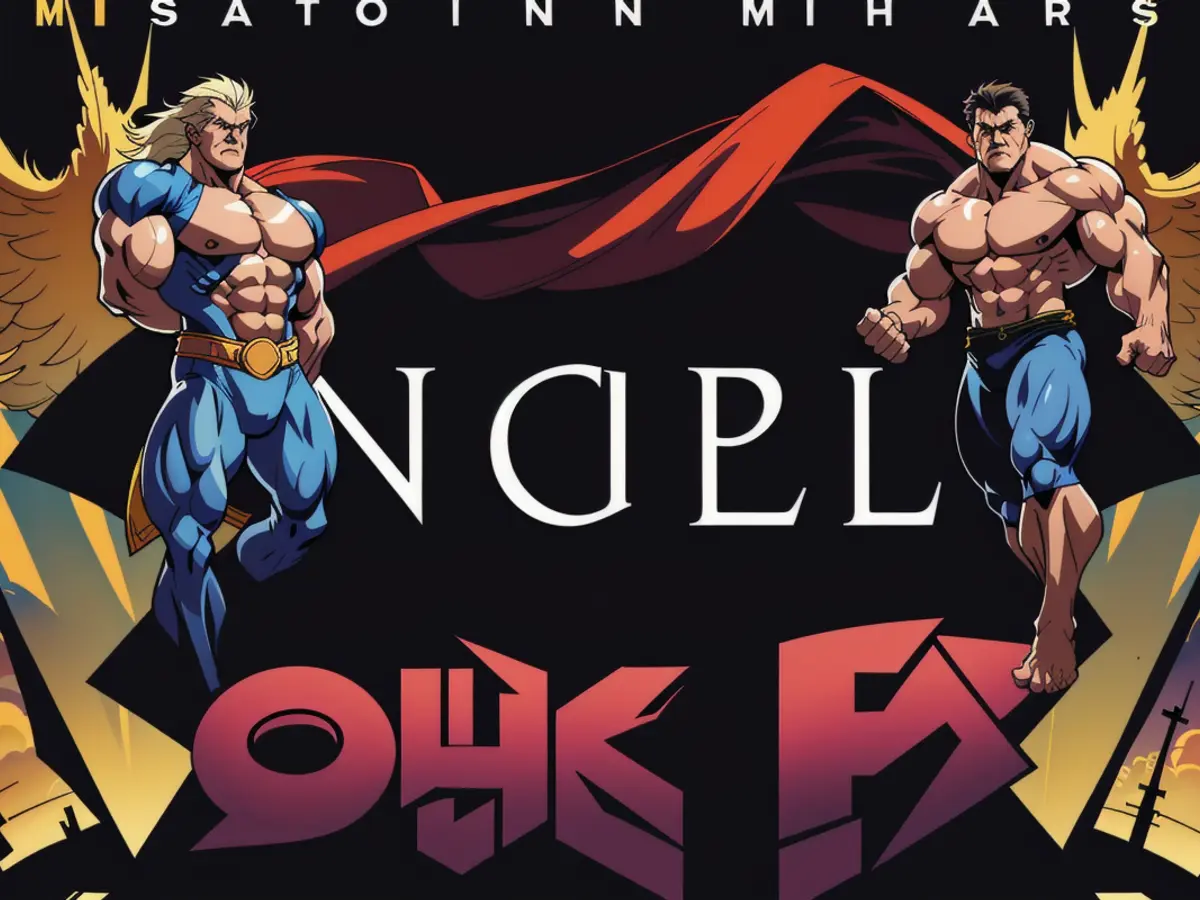
The protagonist, Angelina Lee, embarks on a journey to uncover her family's hidden past, which leads her to her aunt, Sun-yuh, a victim of enslavement. The story is a moving exploration of generational relationships, self-discovery, and the longings of the heart, interwoven with references to classic Jane Austen literature.
Sun-yuh's harrowing experiences aren't only a story of darkness and trauma; it's also a testament to the resilience and strength of women. "I couldn't stay in darkness for the entire novel," Rho explains, leading to the introduction of Angelina and the emergence of a love story reminiscent of Austen's Persuasion.
Throughout the book, Austen's influence is palpable as Rho incorporates her love for k-dramas and reimagines classic characters in a contemporary South Korean setting. From sourcing love quotes to depicting characters that embody the ideals of Asian romances, Rho weaves together the best of both literary worlds.

Having always loved books, Rho had a profound bond with literature since she was just six years old. Her exposure to Jane Eyre in Uganda solidified her desire to become a writer. Age and other responsibilities temporarily sidetracked her, but it wasn't until a life-altering accident and her mother's suicide attempt that she finally embraced her dream.
Stone Angels serves as a harsh reminder of the horrors of war and the suffering inflicted upon innocents. Yet, it also underscores the power of family, the importance of seeking justice, and the transformative potential of redemption. Rho, an ardent advocate for survivors of sexual slavery by Japan during the Asia-Pacific War, includes an author's note providing resources to learn more about this significant historical event.
In 2011, a symbol of hope was erected in Seoul - the Statue of Peace, a representation of a young girl symbolizing the victims. Since then, similar statues have been placed in various locations worldwide, urging Japan to acknowledge the atrocities and apologize to the victims.
Overall, Stone Angels is a powerful narrative that sheds light on a dark part of history while offering a poignant exploration of family dynamics and love. Published by Grand Central Publishing, it's a must-read for those who appreciate thought-provoking, emotion-filled literature.
- Helena Rho, in her novel Stone Angels, portrays a reminiscent love story akin to Jane Austen's Persuasion, intertwining it with modern South Korean romance reminiscent of k-dramas, as she pays homage to classic literature while addressing the dark history of comfort women during World War II.
- While Stone Angels is a testament to the resilience and strength of women who suffered through the horrors of war, it also underlines the need for formal apologies from the Japanese government for their role in trafficking hundreds of thousands of women, primarily Koreans, during the war.
- The Statue of Peace, erected in Seoul in 2011, is a symbol of hope for comfort women victims, echoing a global call for acknowledgment of past atrocities and long-overdue apologies from Japan.


